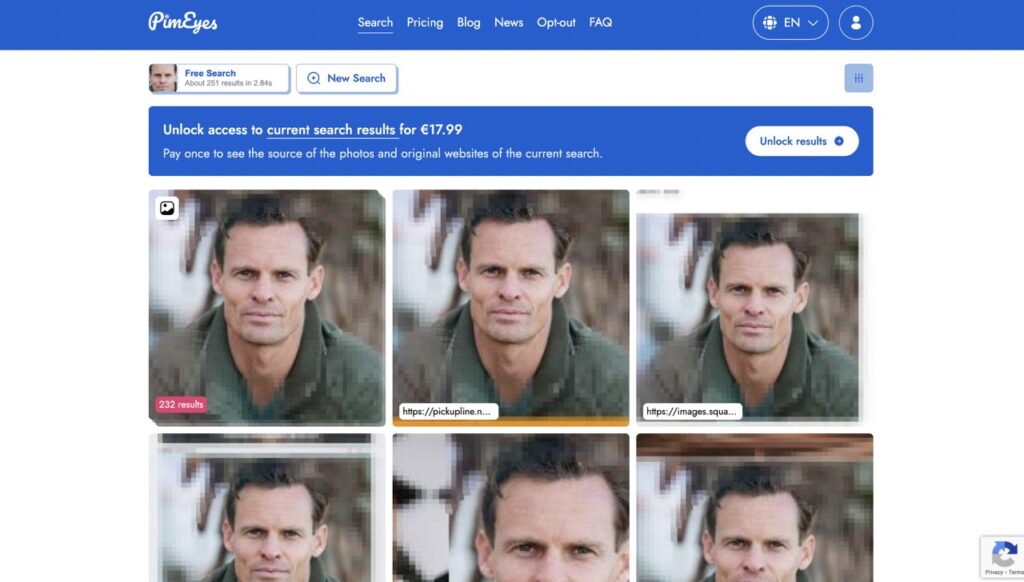In today’s digital age, privacy has become a critical concern for individuals and businesses alike. With the rapid advancement of technology, new tools and platforms emerge that raise ethical questions about privacy, consent, and surveillance. One such tool that has garnered attention is PimEyes, an online face recognition search engine. While it offers various applications, it also raises significant concerns about the potential misuse of personal data and the invasion of privacy. In this article, we delve into the ethical concerns surrounding tools like PimEyes and explore the implications for individuals and society at large.

Privacy and Data Protection
Privacy is a fundamental human right that should be respected and protected. However, tools like PimEyes challenge this notion by allowing anyone to conduct facial recognition searches based on publicly available images. The tool utilizes sophisticated algorithms to match uploaded photos with its extensive database, potentially revealing the identity of individuals without their knowledge or consent. This raises serious concerns about privacy invasion, as individuals may not be aware that their images are being used in this manner.
Moreover, PimEyes’s access to a vast amount of personal data raises questions about the security and protection of that information. While the company claims to prioritize data security, there is always a risk of data breaches or unauthorized access. The potential for abuse or exploitation of this data by malicious actors further exacerbates the ethical concerns surrounding such tools.
Consent and Control
Informed consent is a cornerstone of ethical practices, particularly when it comes to the collection and use of personal data. However, tools like PimEyes operate on publicly available images, sidestepping the need for explicit consent. This lack of control over one’s own image raises significant ethical concerns, as individuals may find their photos being used for purposes they did not intend or approve.
Additionally, the implications of consent extend beyond individual privacy. When one person’s image is recognized, it could potentially lead to the identification of others present in the same photo. This unintended exposure raises ethical questions about consent and control for those individuals as well.
Surveillance and Abuse
The use of tools like PimEyes can contribute to the growing surveillance culture we witness today. With the ability to track and identify individuals through facial recognition, these tools offer unprecedented power to both individuals and institutions. While there may be legitimate use cases for such technology, it also opens the door to potential abuse.
Government agencies, law enforcement, and even malicious actors could leverage facial recognition tools to monitor and track individuals without their knowledge or consent. This creates a chilling effect on personal freedom and erodes the trust between citizens and those in power. The potential for mass surveillance raises significant ethical concerns regarding the balance between security and individual privacy rights.
Conclusion
In conclusion, tools like PimEyes raise ethical concerns surrounding privacy, consent, and surveillance. While technological advancements can bring immense benefits, it is essential to carefully consider the implications and potential risks associated with these tools. Privacy is a fundamental human right that should be respected, and consent should be sought when using personal data. Striking a balance between innovation and ethical considerations is crucial to ensure the protection of individual privacy and maintain a healthy and transparent digital society.


